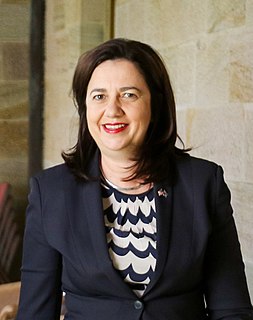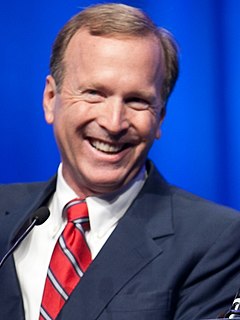A Quote by Greg Abbott
Americans get it. They're ready for some opportunities to have greener communities, to have cleaner communities, and to have transportation options that perhaps they haven't had in the past.
Quote Topics
Related Quotes
Cycling is not only a personal passion for me, but it is something that simply makes sense to expand transportation options for Americans. It is good for the health of our nation, the environment, the development of our communities, and is one of the keys to addressing the ongoing challenges that come with urban congestion.
Latino actors and actresses have had to struggle for decades, but when I came around with Real Women Have Curves, attitudes were starting to change. We screened the film all over the world - in Jewish communities, black communities, Greek communities, German communities - and people across the board said, "That's my family."
Previous generations used to eat locally out of necessity. Without options like flash-freezing and worldwide export services, communities had to rely on local farms for all of their meals. In many ways, this was beneficial. People ate fresh, seasonal foods that were naturally flavorful and nutritious, and farmers and communities prospered.
If you've got communities that feel they've been left behind, if you've got - as you do in Britain at the moment, you have communities that believe they're being changed by immigration, that they don't have job opportunities, and that they're disregarded and that they don't - they've got no stake in a future which embraces globalization, you've got to address that issue.
It's very encouraging to see the structural changes that the RNC has made this past year in engaging communities on the ground. Recognizing that the way to reach voters is to go into their communities instead of reaching out from an office in Washington DC is essential for victory in elections today.

































